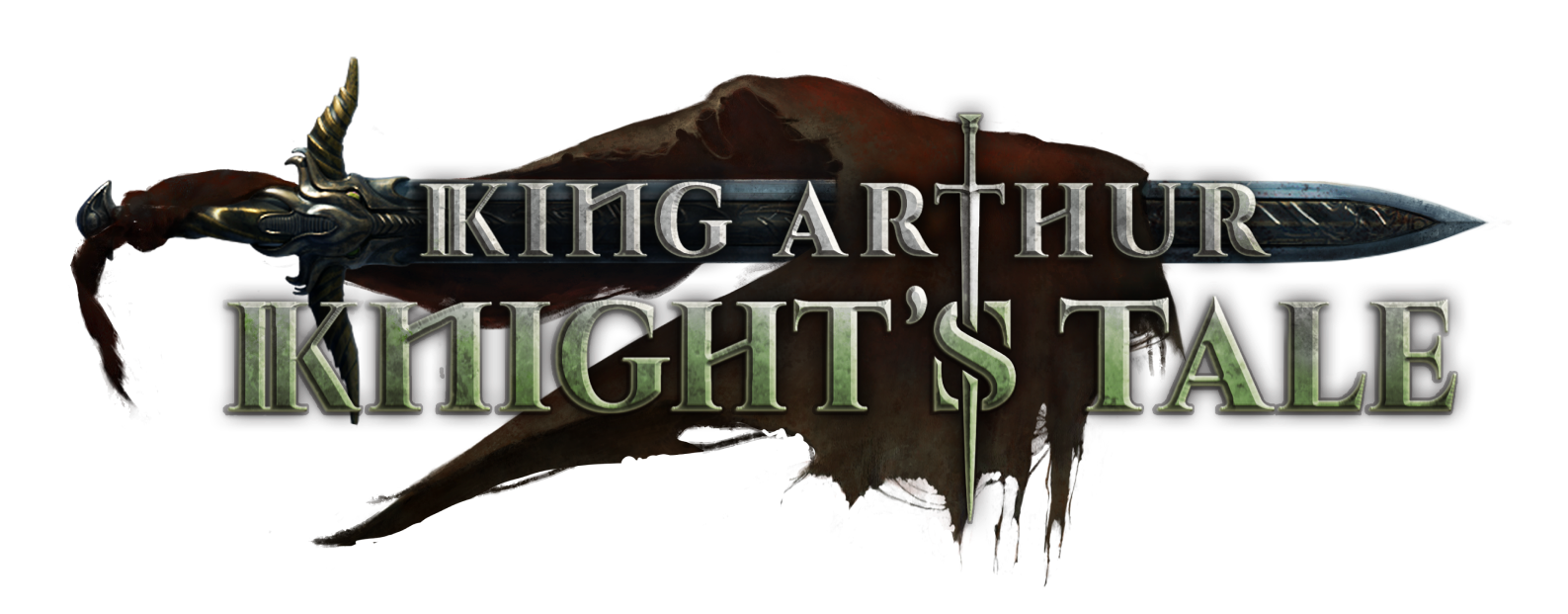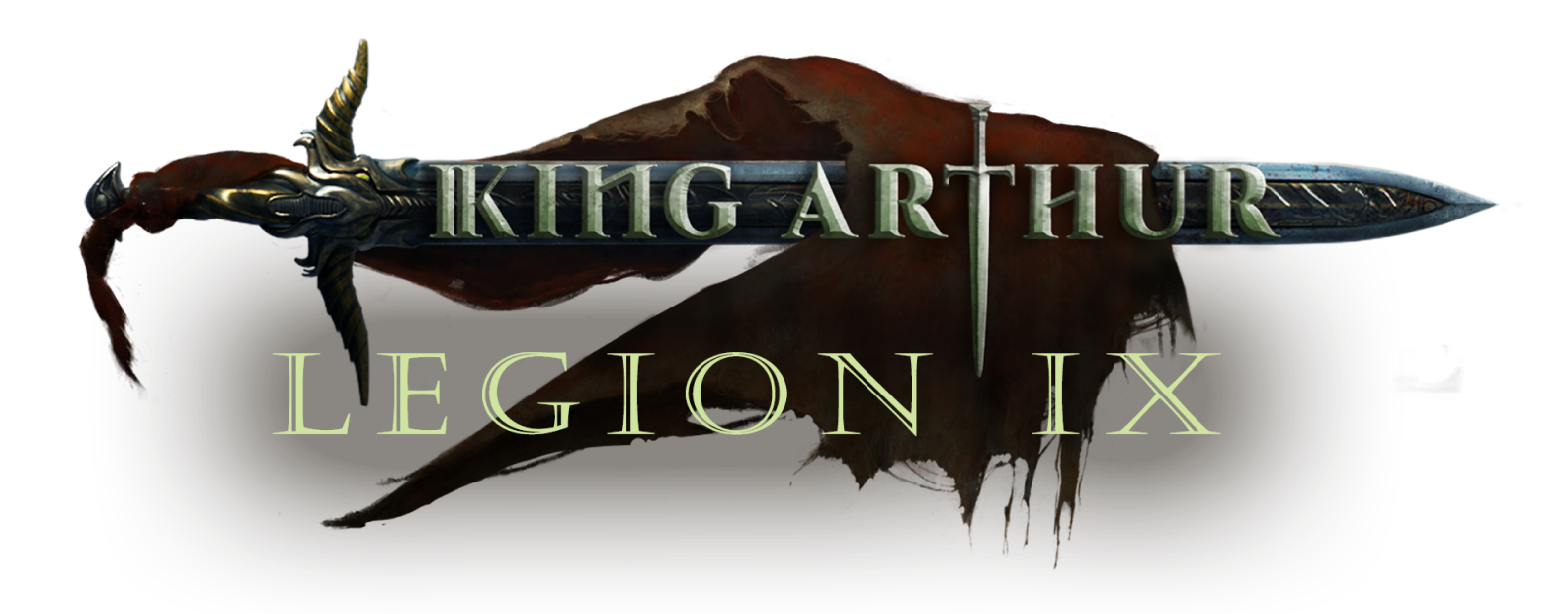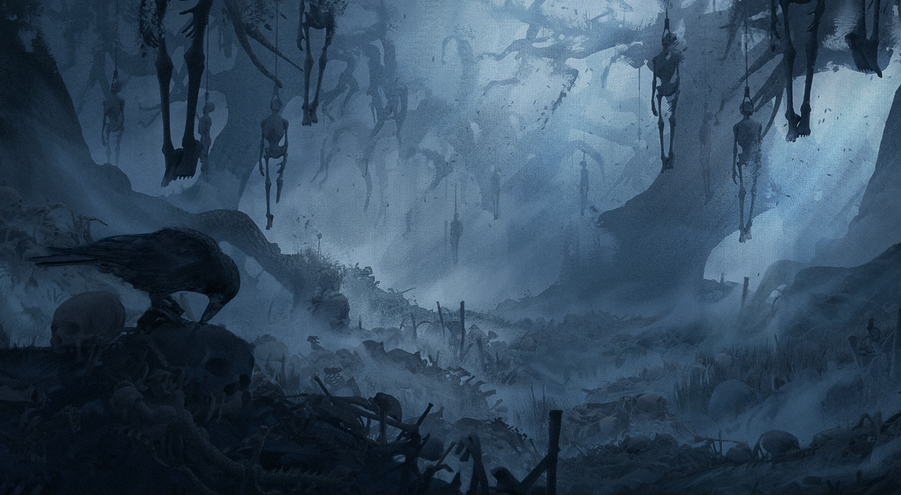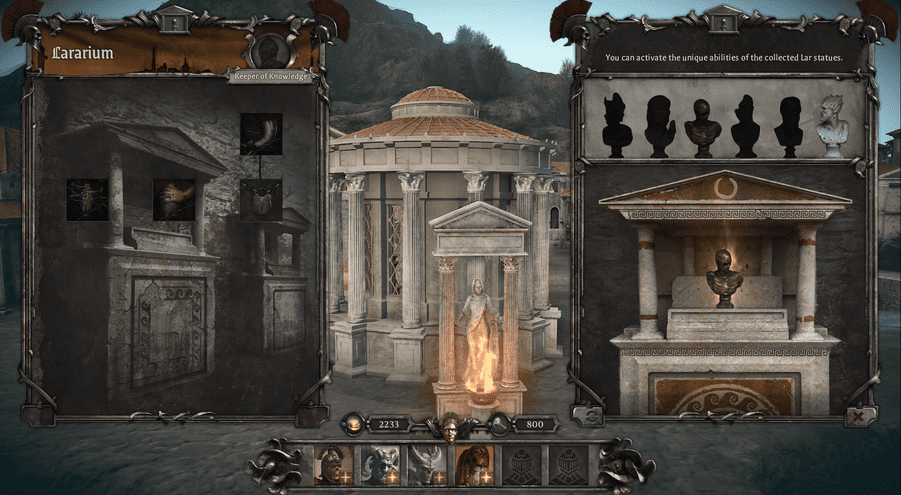

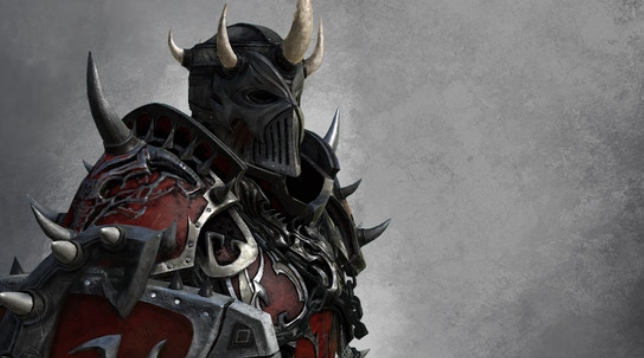
Sir Mordred and the Round Table
The main protagonist of King Arthur: Knight’s Tale is Sir Mordred, former nemesis of King Arthur, destined to battle the Once and Future King in their final duel. He fulfilled his destiny and they both died – or didn’t they?
Sir Mordred has a reputation of a dread knight, a ruthless, grim warrior in pursuit of the throne of Britannia. His slide into Arthur’s nemesis was gradual, though, as his growing conflicts with the King eventually made him the leader of the army set out to conquer Camelot.
Avalon flips everything on its head: now Sir Mordred needs to rebuild Camelot, and you will need to go gather allies – knights who will accompany Sir Mordred in his quest to defeat Arthur. Beware, they won’t rush to you blindly. You will have the opportunity to hire various heroes in your quests, but your decisions will affect how they relate to Mordred.
The Morality Chart
This unique system will serve as an indicator how your subordinates and enemies will judge you during the game. One axis of the chart represents Rightfulness and Tyranny, the other represents Old Faith and Christianity.
As you venture into new missions, you will be facing moral decisions which will move these values on the chart. Everything you do will be reflected here: it will show you exactly what kind of king you are.
Let's say there's a plague! What would you do? Sure, you can burn down every local building to stop its spread… but you can send in a healer as well. Riskier, but more humane! Or, let's say you happen upon a group of bandits harassing a merchant. You can deal with the robbers and let the merchant determine your reward, or... if you're in need, you can just take everything. So how do you decide? Tough questions!
The Morality Chart isn’t just a fancy display, it has deeper implications in the game mechanics as well, by unlocking:
- New heroes - Morgan le Fay, for example, will only be available in a quest if you meet the criteria of the morality value: push towards Old Faith, have its followers trust you enough to ask for your help.
- New abilities - Heroes have a special ability tied to their morality values. Heroes fighting alongside with other heroes who share the same world view might benefit from this in the party, perhaps gaining new skills and bonuses on existing skills!
- New management actions - As a Tyrant you might be able to demand tribute to solve the problem of an empty treasury, whereas as a Righteous king you might formulate a new law that will bring steady income at a slower, but steadier rate.
The loyalty of your heroes can be influenced by your standing on the Morality Chart (well, among other things). Some of your heroes’ values might stand in stark contrast to the values you represent (take both axes into consideration!), in this case, don’t always count on their support and loyalty.

